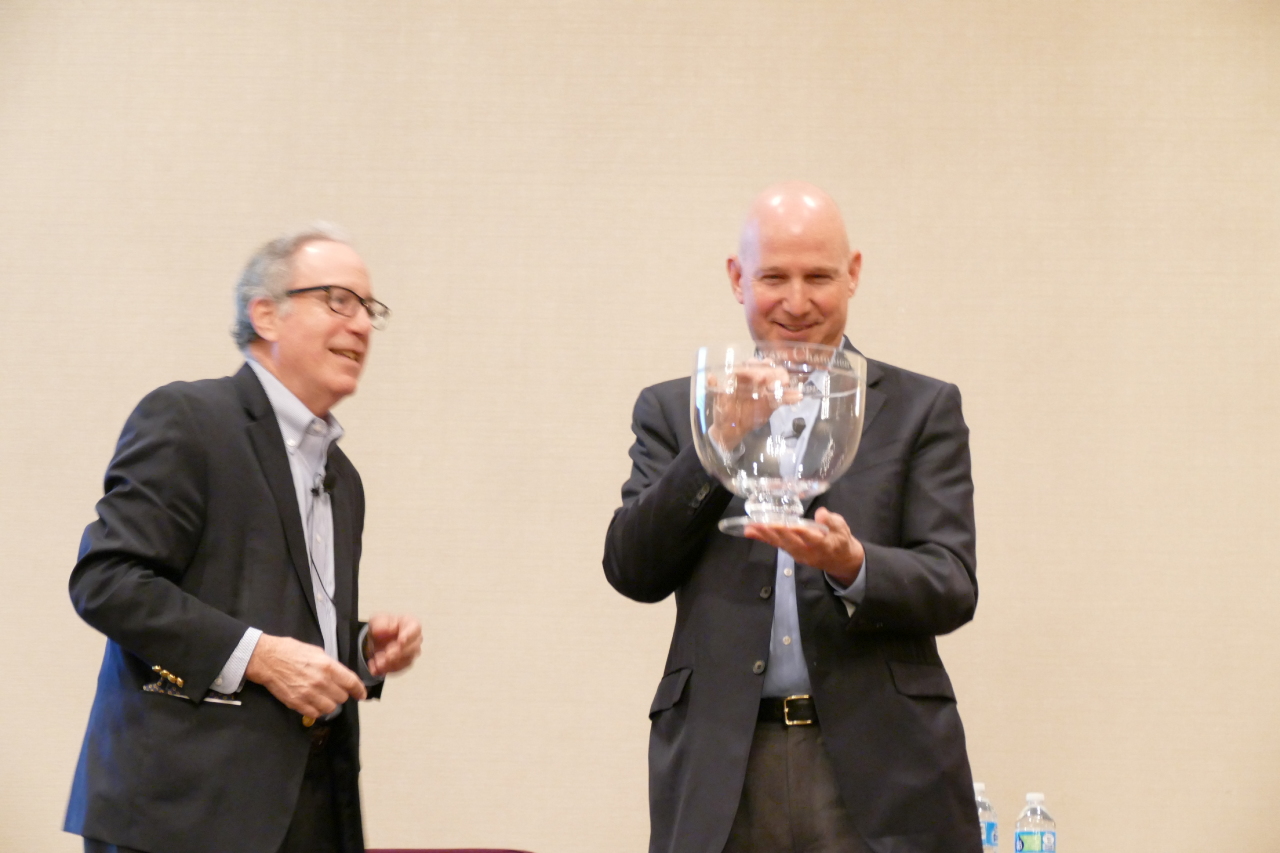- Receive early and ongoing career advising and information in order to make informed decisions about their futures;
- Graduate from high school with a leg up on college through earning at least 12 college credits (ideally a mix of core content and technical credits), as well as a leg up on careers through earning industry-recognized credentials and engaging in a continuum of work-based and workplace learning;
- Earn a postsecondary credential that is sought by employers; and
- Launch a career in a high-growth industry sector that has concrete steppingstones for career advancement and further education.
We are particularly focused on STEM career pathways that culminate in sub-baccalaureate credentials, leading to in-demand “middle skill” careers that provide economic mobility. The Network now includes 14 states and over 60 regions tackling this complex and critical work—including Delaware.
Delaware joined our Network three years ago, and quickly emerged as a national leader in this movement. From the outset, Delaware framed its Pathways work around increasing students’ choices, aligning secondary and postsecondary education, meeting employer demand, and growing the state’s economy. With strong, visible support from Governor Markell to launch the initiative—and now from Governor Carney to sustain it—the partnerships that drive Delaware Pathways provide an exemplary model for other states to consider.
For example, Delaware has the most clearly defined and engaged statewide Pathways Steering Committee in the Network, established by Executive Order, that broadens the circle of collaboration, ownership, and leadership for the work to both state agencies and local leaders, including superintendents from public and technical school districts and representatives from nonprofit organizations. Delaware Technical Community College serves as an intermediary to the Pathways work, connecting the dots between education and employers. And on the ground, the majority of Delaware’s high schools—38 of 44—now offer in-demand career pathways connected to and through programs of study at DelTech. Almost 6,000 Delawarean students are enrolled in pathways this year, and the number of students is expected to double next year.
JFF and HGSE selected Delaware as the location in which to host our Spring Pathways to Prosperity Institute so that other member states and regions could learn firsthand about how the state has quickly and successfully catalyzed Delaware Pathways partnerships, policy, and programming. We were honored to have Governor Markell as well as members of the Delaware Pathways Statewide Steering Committee—Mark Brainard, President of DelTech; Paul Herdman, President and CEO of the Rodel Foundation; Gary Stockbridge, President of Delmarva Power; and Michelle Taylor, President and CEO of United Way of Delaware—present during plenary sessions at the Institute. Members of our Network also had an opportunity to visit DelTech’s advanced manufacturing pathways and its Sustainable Energy Training Center; Colonial School District’s K-14 career pathways; Christiana Care Health System’s Project SEARCH, an international workforce development program for people with disabilities; and Zip Code Wilmington, one of the first nonprofit coding schools in the country. Following the national Institute, several members of the Pathways to Prosperity Network attended the statewide Delaware Pathways conference, to learn even more about the state’s work.
The Pathways to Prosperity Network sets out an ambitious and exciting vision for transforming education and career readiness. We are confident that our member states, like Delaware, will continue to grow, improve, and inspire others, and we look forward to continuing to partner with, provide support to, and learn from our Network. For more information about Delaware Pathways, see their strategic report.


